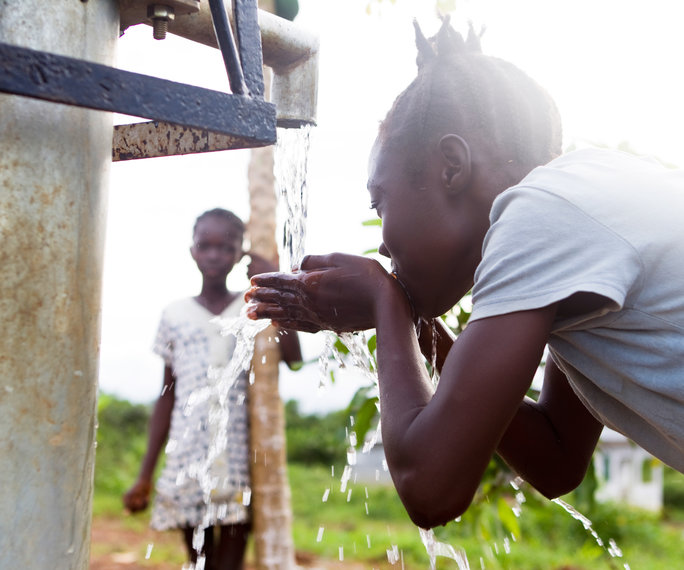World Water Day, on 22 March every year, is about taking action on water issues. In 2017, the theme is wastewater and the campaign, ‘Why waste water?’ is about reducing and reusing wastewater. Today, 1.8 billion people use a source of drinking water contaminated with faeces, putting them at risk of contracting cholera, dysentery, typhoid and polio.
Globally, over 80% of the wastewater generated by society, flows back into the ecosystem without being treated or reused. 1.8 billion people use a source of drinking water contaminated with faeces2 , putting them at risk of contracting cholera, dysentery, typhoid and polio. Unsafe water, poor sanitation and hygiene cause around 842,000 deaths each year
Wastewater is now seen as a potential resource and its use, or recycling after suitable treatment, can provide economic and financial benefits.
Businesses can directly use some wastewater, providing it is fit for purpose. For instance, using process water for cooling or heating, or rainwater from roof collection or concrete aprons for toilet flushing, irrigation or vehicle washing.
There are many treatment processes and operational systems that will allow us to use wastewater to meet the growing water demand in growing cities, support sustainable agriculture, and enhance energy production and industrial development.
Use of wastewater in farming
It is estimated that more than 40,000-60,000 km2 of land is irrigated with wastewater or polluted water (Jimenez and Asano, 2008), posing health risks to farmers and to eventual consumers of the agricultural products. Available technologies allow removal of almost all contaminants from wastewater, making them suitable for every use. The WHO Guidelines on Safe Use of Wastewater in Agriculture and Aquaculture and the Sanitation Safety Planning (SSP) approach provides a comprehensive framework to ensure that health risks are managed to protect public health. Israel paves the way, where treated wastewater accounts for 50% of irrigation water (OECD, 2011)
Recently, we had the pleasure of viewing joyous scenes of villagers from Danganzi, Lou, and Neganzi in the Kalalé District of Benin as they used their new water stations for the first time. This was indeed a cause for community celebration. The women and girls who came to collect water will no longer have to walk great distances, only to find dirty, contaminated water.
One of them, Loukou, said this: “We used to get stream water with all kinds of solid materials and germs, but we had no choice. Now, with the new pump system, we do not have to use that dirty water. We all come to fetch fresh clean water at the pump. We now know that we are protected from cholera. In the past, we have had outbreaks of cholera in our area. Even people from surrounding villages come here to see our new magical water system. Everyone agrees that the new water is tastier than the river water. The price of water is very affordable.”
The present water crisis might be with us for a long time (May Allah TA protect us). Let us prepare for the future.
When Allah TA sends the rain every family should place buckets/holders on their roofs or in yards to collect the water and use it in your household. Too much water runs down our streets and in the drains.
Do not flush your toilets with clean water –use grey water for that purpose
If every house hold cooperate, we can survive this crisis, Insha Allah
Sh Dr Muhammad Ridwaan Gallant is the head of the MJC Environmental Desk and a member of SAFCEI (South African Faith Communities Environment Institute). He is presently lecturing Islamic Studies at the University of the Western Cape. He has published many research papers on Islam, science as well as on environmental issues at various conferences in many countries.






 WhatsApp us
WhatsApp us 

